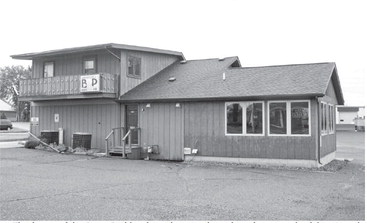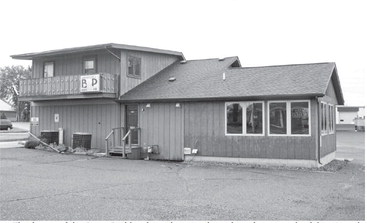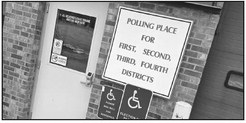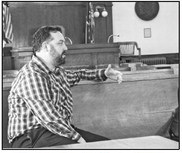State needs to overhaul liquor license rules


The city of Medford dodged a bullet Monday night with the 11th hour announcement that Citizens State Bank of Cadott had reached an agreement with a buyer for the former Brass Rail bar on Hwy 13 in Medford.
The bank took ownership of the tavern last year and has been playing a game of chicken with the city since then, due to Medford’s “use it or lose it” rule when it comes to liquor licenses. Under that rule, the city council could have pulled the license from the building at any point and given it to someone else and left the bank with a bar without access to a liquor license. This would have had the impact of robbing the bank of a significant portion of the building’s value.
Medford is not alone in having “use it or lose it” provisions in their local liquor laws. From a city officials’ point of view, it seems like a reasonable requirement.
State law limits the number of tavern licenses available in any community. This is one of the state’s more heavyhanded social engineering schemes and one which has had dramatic economic impacts since it was first implemented decades ago. It requires one business to close in order for a second one to open regardless of economic conditions or popular demand for the product and services.
This has been especially true as the shift has been away from traditional neighborhood taverns to restaurants that also serve the occasional cocktail or blended drink with their meals.
At the same time, state law also allows for an unlimited number of retail licenses which allow for off-premise consumption. With the byzantine system of liquor laws about who taverns must purchase from and how prices are set, taverns are placed at an economic disadvantage. At times, the prices paid by tavern owners for beer and liquor from their distributors are more than what consumers pay at their local gas station or grocery store. This has led to people pre-gaming before they go out, downing cheap, fruity-flavored single shot bottles of booze available at every convenience store and gas station in the state.
Wisconsin needs to overhaul and modernize its liquor license rules. It needs to recognize changes in the marketplace and protect the remaining distinctive locally-owned community taverns from being gobbled up by the bland sameness of chain restaurants. The laws also need to be changed to recognize that, just as there are regional employment centers, there are regional entertainment areas which may have little or nothing to do with the population base of the community.
The state of Wisconsin in recent years has made significant bipartisan strides in reviewing business regulations, work that began under Gov. Scott Walker’s administration and continues under Gov. Tony Evers. This work must continue and the state must continue to clean house on outdated rules that hinder real economic growth in the state.
This week the Medford City Council dodged a bullet on being forced to follow the rules and undermine economic growth, or to grant a special exception in the hopes that it will pay off in the future. The issue isn’t with Medford’s bad rule, it is with a system that leads municipalities to implement these rules in the first place.
Wisconsin needs to overhaul its liquor license rules to encourage real economic growth.





